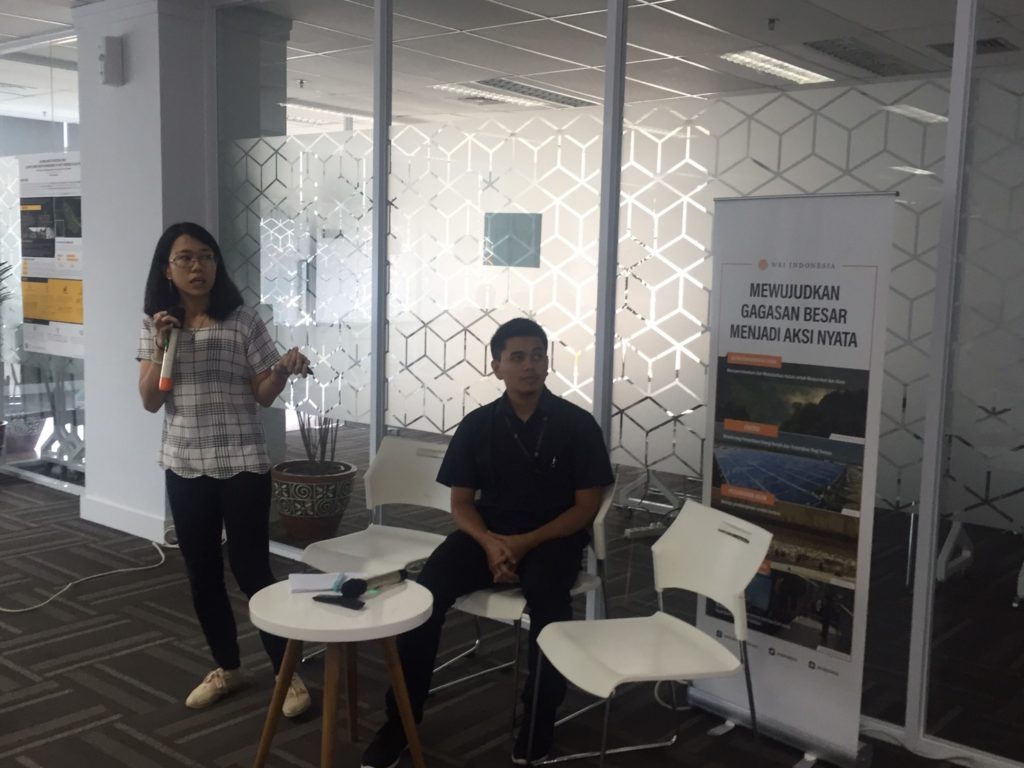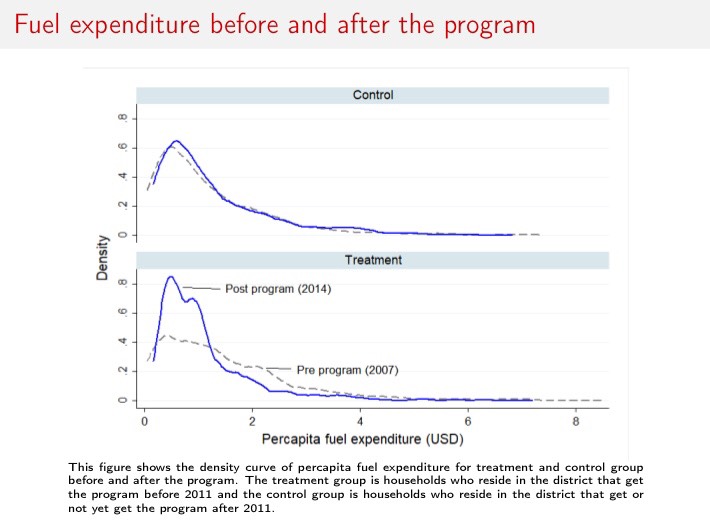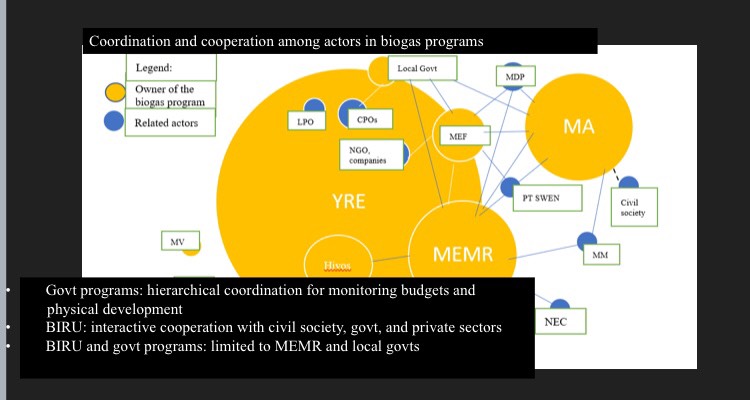 Within the past several years, the government of Indonesia has created several programs to create and promote cleaner and more affordable energy sources for the country. In regards to this issue, World Resources Institute Indonesia (WRI Indonesia) hosted the first FKP seminar of the year on Monday, 7 January 2019 with presentations by two speakers; Imelda (University of Hawai’i at Manoa) and Ibnu Budiman (WRI Indonesia).
Within the past several years, the government of Indonesia has created several programs to create and promote cleaner and more affordable energy sources for the country. In regards to this issue, World Resources Institute Indonesia (WRI Indonesia) hosted the first FKP seminar of the year on Monday, 7 January 2019 with presentations by two speakers; Imelda (University of Hawai’i at Manoa) and Ibnu Budiman (WRI Indonesia).
Imelda (University of Hawai’i at Manoa) began with a presentation of her research on fuel switching using the government’s kerosene to LPG conversion program as the focus. Using data from Indonesia Family Life Survey (IFLS) and Pertamina, Imelda aimed to find whether the energy conversion program has lead to improved economic well-being and whether there is any evidence of energy rebound, which is the increase of energy use due to the reduction of economic/environmental cost from using a green product. Imelda found little evidence of rebound effect. Moreover, the program reduced households’ kerosene consumption up to 100% and has on average reduced their utility bills by 40%.
Next, Ibnu Budiman (WRI Indonesia) elaborated his research regarding the fragmentation of biogas governance in Indonesia. In Indonesia, biogas only accounts for 1.24 percent of household energy sources, meaning that it is much less common than other cooking fuels. Despite its small percentage, there are currently 8 government institutions and several other non-government institutions that have programs provide and promote biogas usage in Indonesia. Through a series of interviews and document reviews, Budiman compared government-led programs with NGO-led programs, specifically the BIRU program which was initiated by HIVOS. In general, Budiman found that most government programs are characterized by their hierarchical distribution of power, which leads to the lack of effective coordination. BIRU, on the other hand is more interactive and allows more effective dissemination and knowledge transfer. In conclusion, Budiman found that more cooperation and a higher distribution of power increases the effectiveness of biogas governance in Indonesia.
For the complete presentation and Q&A session, please refer to the video and materials provided.






